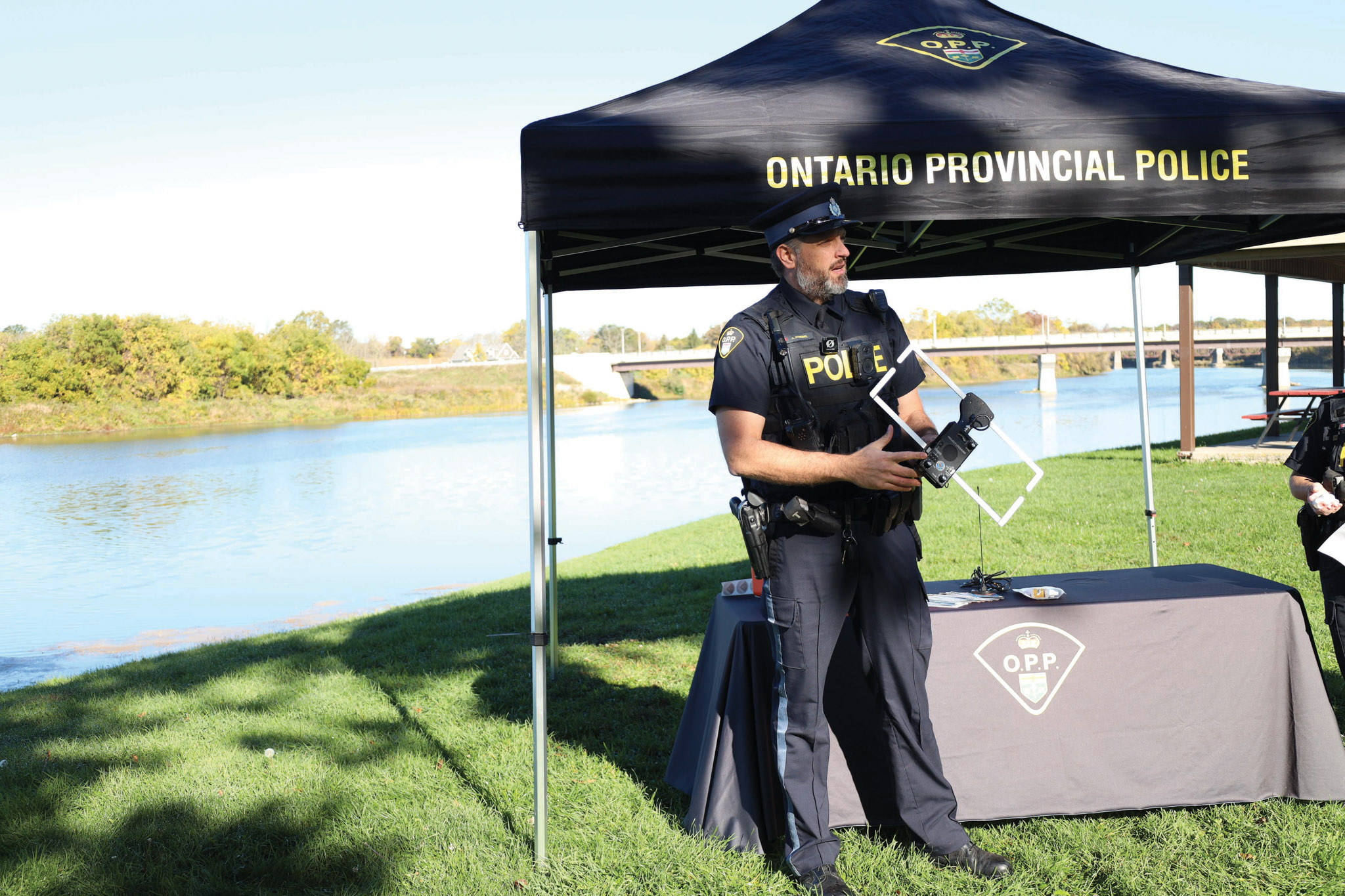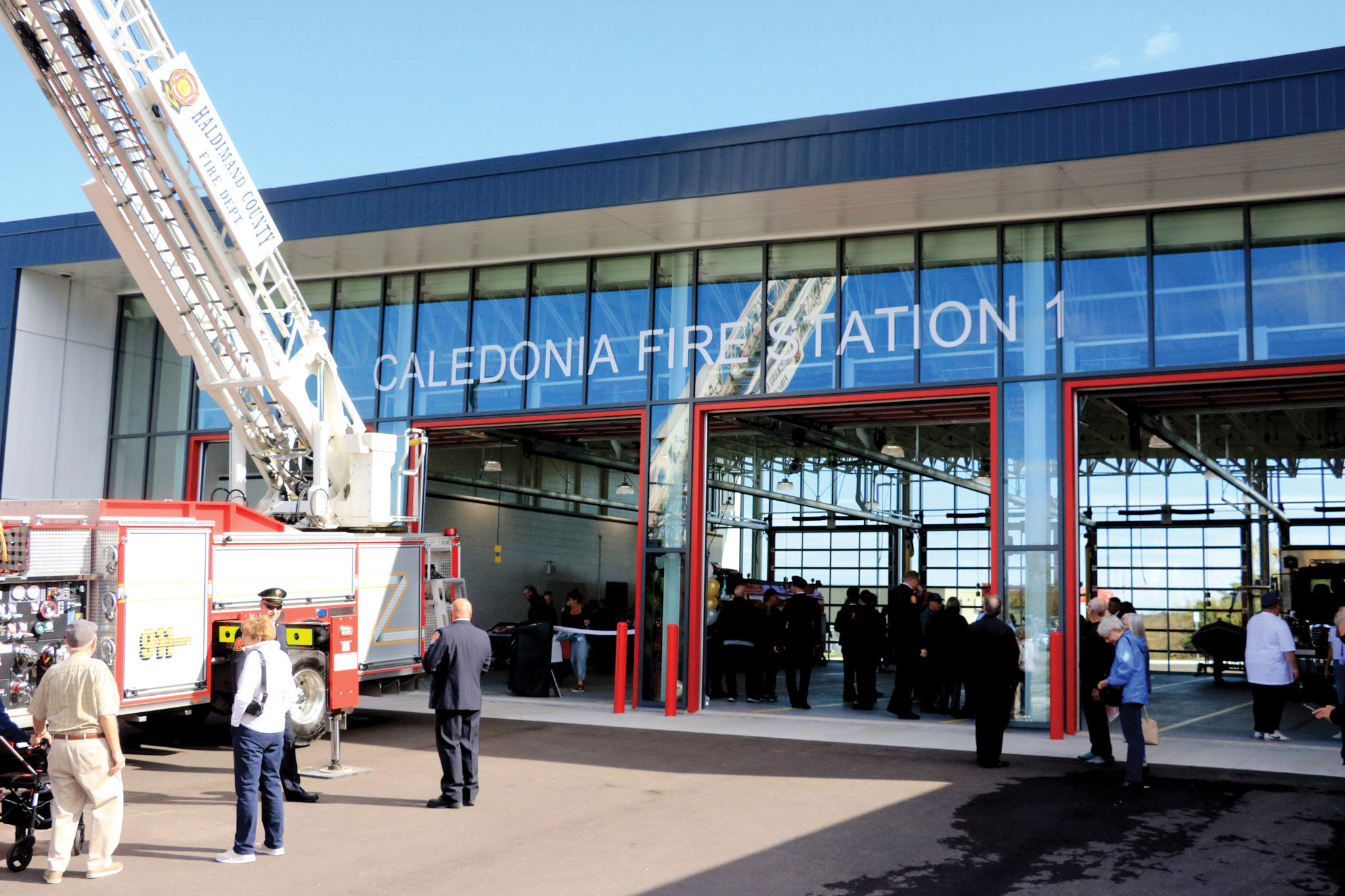HALDIMAND — Council approved the first update to Haldimand’s Road Use Bylaw in over 40 years. The new bylaw, approved on Tuesday, September 16, 2025, replaces two former bylaws established in 1982 and 1983 that governed the former Town of Haldimand and Dunnville separately.
The new bylaw is the result of a Council direction in May 2023, which directed staff to look into the matter.

That led to staff consultation across departments, including Road Operations, Engineering Services, Building and Municipal Enforcement, and Emergency Services, as well as reviewing comparable by-laws in other Ontario municipalities such as Ottawa, Chatham-Kent, New Tecumseth, and Brant.
“Road use bylaws regulate activities within the municipal rights of way and on roadways to ensure residents and motorists and other users of the roadway can do so safely and efficiently,” read a County staff report on the bylaw.
It said the new bylaw provides Haldimand with the “ability to ensure Haldimand County roads are available and safe for all road users. It also provides the ability to respond to claims and enforce penalties against those who misuse or damage roadways within Haldimand.”
The report called the former bylaws outdated and in need of modernization.
“The listed prohibitions in both existing bylaws are broad and The Corporation of the Town of Dunnville lacks a definition section. As well, The Corporation of the Town of Haldimand bylaw does not apply to the current geographic form of Haldimand County as the Corporation of the Town of Haldimand only represented Hagersville, Cayuga, and Caledonia. The portion of the County that makes up the former City of Nanticoke has never had a bylaw enacted and so represents a long-standing gap,” read the report.
Staff note the outdated bylaws have hindered enforcement efforts. Complaints regarding debris, mud, and other obstacles on roadways have historically been difficult to address, leaving municipal staff and enforcement officers without the necessary authority to ensure compliance or administer penalties.
The new consolidated bylaw is intended to close these gaps, providing staff with tools to correct unsafe or obstructed conditions and defend the County against claims arising from road misuse.
The new bylaw provides a clear set of definitions for common terminology such as streets, boulevards, sidewalks, driveways, and related structures within the County road allowances.
It establishes clear terms for prohibiting activities that obstruct or damage roadways, including debris disposal, encroachments, and other uses that interfere with public safety.
It also gives authority for officers to issue orders requiring corrective action and to levy penalties against individuals responsible for road misuse or damage, and tools for staff to remove hazards immediately, if necessary, with costs recoverable by the municipality.
A list of some pohibitions included in a draft motion that called on Haldimand to enact the bylaw and received unanimous Council support include:
- No person shall foul a highway or enter a temporarily closed highway.
- Permit requirements for festivals or events using highways.
- Authority granted to the General Manager of Public Works, or the Fire Chief, to close highways for a variety of reasons, including construction, maintenance, emergencies, or social/community events.
- Barricades and signs may be erected to notify the public.
- Enforcement officers may inspect properties, issue Orders to discontinue prohibited activities, or require corrective work.
- Costs incurred by the County to enforce compliance may be recovered from property owners.
- Immediate removal of dangerous obstructions is authorized without prior notice.
- Objects on highways in contravention may be removed and impounded; unclaimed property becomes County property after 60 days.
The bylaw also sets firm expectations regarding waste and recycling collection, stating that only authorized collection vehicles may handle these materials, with collection restricted to 7 a.m. to 7 p.m. Interference with curbside collection, including scavenging, is prohibited.
Individuals who contravene the bylaw face a maximum fine of $10,000 for a first conviction, with additional daily fines for ongoing violations. Corporations may be fined up to $50,000 for a first conviction, with continuing daily fines of $25,000 for each day the contravention persists.
All fines are enforceable under the Provincial Offences Act.
“This is a much-needed update here. I’ve had some complaints in the Dunnville area and throughout the county,” said Ward 5 Councillor Rob Shirton. “This is a bylaw that was basically 40-plus years in age, so lot of things have changed.”
Shirton asked how long it would take before the bylaw was in place.
“Once this is approved on Monday night (September 22), we can start enforcing it,” replied Manager of Public Works Dan McKinnon.





